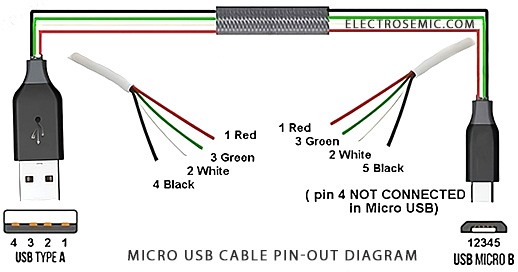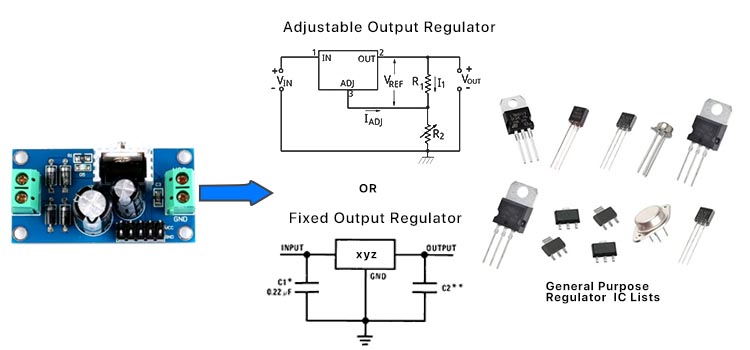The CH340 series, developed by WCH, offers a range of USB-to-Serial converter chips. These chips are widely used in various electronic applications, including Arduino-compatible boards, ESP8266 modules, and other micro-controller based projects. Also, making it possible the communication between that your computer’s USB port and serial external peripherals devices, which is needed for many applications including DIY electronics.

Popular CH340 series IC
The CH340 series offers multiple variants designed for different applications: the CH340G is a popular USB-to-Serial converter that requires an external crystal oscillator; the CH340C includes an internal oscillator, minimizing external components; and the CH340N features a compact form factor for space-limited designs.
Newer CH341 series
The CH341 series includes multiple variants designed for diverse USB interfacing needs: the CH341A is a widely used chip that supports USB to UART, SPI, I²C, and parallel interfaces, making it popular for EEPROM and BIOS programming.
The CH341B is similar to the A variant but includes an internal crystal oscillator, reducing the need for external components; the CH341C is tailored for USB to serial or 2-line interfaces and also features an internal oscillator for simplified design.
The CH341D focuses on USB to parallel port communication, suitable for legacy or printer-related applications; the CH341E specializes in USB to SPI interfaces, making it ideal for SPI-based peripherals; and the CH341F offers enhanced features and internal clock options, providing flexible USB to serial or dual-line communication support.
Common Applications of CH340 & CH341:
- USB to Serial Communication: To communicate with micro-controllers via USB protocols.
- Flashing Firmware: In flashing tools for uploading firmware to micro-controllers and modules like ESP8266/ ESP32, STM32, Atmega, etc.
- Debugging Interfaces: In USB-to-TTL adapters for logging data & debugging, specially in case of Raspberry Pi/ Linux devices.
- Custom USB Devices: In Custom USB peripherals (e.g., control panels, input devices) in DIY.
- Retro Computing / Hardware Hacking: In Legacy industrial machines & EEPROM programmers.
Alternative to CH340
The FT232RL is a popular USB to UART interface chip developed by FTDI (Future Technology Devices International). It enables seamless communication between a USB host (like a computer) and serial devices using UART (Universal Asynchronous Receiver/Transmitter) protocol.
The chip integrates a USB controller, UART interface, and EEPROM for configuration, making it a compact and reliable solution for serial communication in embedded systems, debugging, and device interfacing. It supports data rates up to 3 Mbps and includes features like RTS/CTS flow control, integrated clock generation, and driver support for major operating systems.

